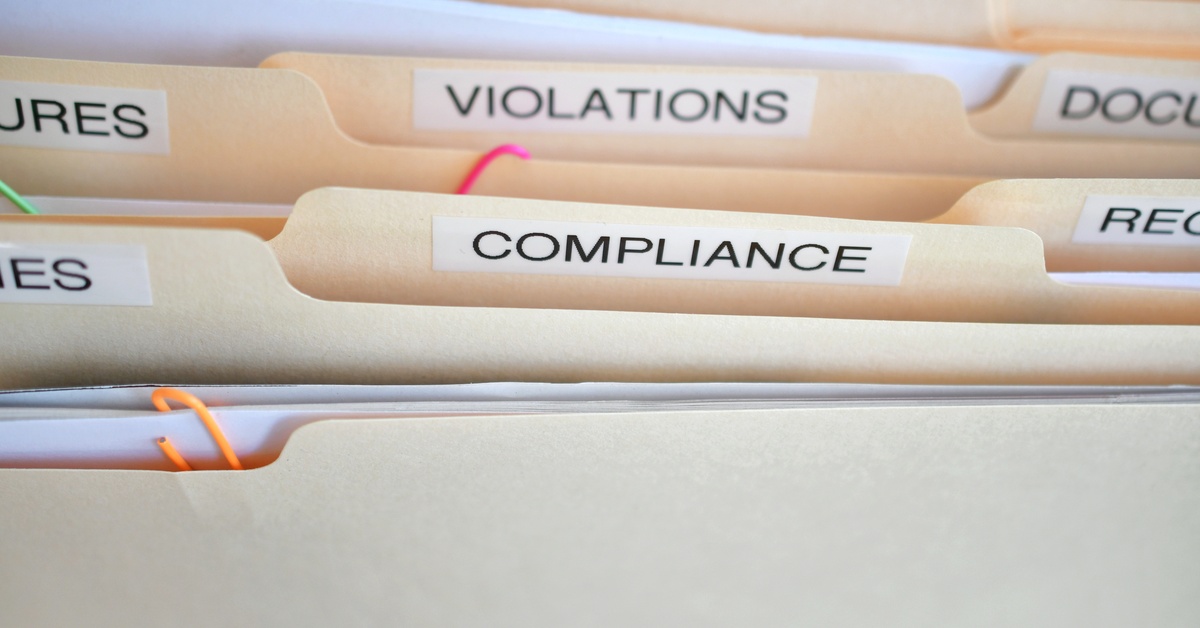When you’re hiring new employees, skipping over employment background checks to save time or cut costs can be tempting. After all, most candidates seem trustworthy from their resumes and interviews, right? However, skipping this step can cost you in ways you hadn’t anticipated. Discover the hidden costs of skipping employment background checks to avoid hurting your business and your reputation.
Why Employment Background Checks Matter
Performing proper background checks guarantees you hire qualified employees who align with your values and won’t jeopardize your company’s financial or reputational standing.
Without appropriate vetting, you run the risk of exposing your business to financial and legal liabilities or compromising your workplace culture. Some reasons why background checks play such a vital role during hiring include:
- Verification of Qualifications – Resumes can be misleading, but background checks verify a candidate’s education, certifications and past employment history.
- Protect Workplace Safety – Depending on the role, ensuring the candidate doesn’t have a problematic criminal background can create a safer workspace for your current employees.
- Identify Red Flags – A background check can reveal issues such as falsified credentials, dishonesty, or previous disputes with employers that might otherwise go unnoticed.

Key Areas Covered in Employment Background Checks
To avoid the costs mentioned above, employment background checks should be thorough. While specific checks vary per role, they generally cover the following common areas.
1. Criminal History
A criminal history check makes sure the candidate does not have a history of crimes that could affect their ability to perform their job or jeopardize others in the workplace. Positions that require trust, such as those working with vulnerable populations, usually necessitate a clean criminal record.
2. Employment Verification
This confirms the employee’s past professional experience including job titles, periods of employment, and responsibilities at previous companies.
3. Education Verification
Higher education claims often appear on resumes, but unfortunately, some include inaccuracies. Verifying a candidate’s educational qualifications helps prevent fraudulent claims.
4. Reference Checks
Speaking directly with professional references provides insights into the candidate’s behavior, capabilities, and work ethics beyond what’s written in the resume.
5. Credit Checks (For Select Roles)
For positions that require financial accountability, a credit check can highlight patterns of financial mismanagement that could indicate fraudulent behavior.
6. Driving Records (When Applicable)
For any job with driving responsibilities, you must review the candidate’s driving history.

The True Cost of Skipping Employment Background Checks
Foregoing employment background checks may seem like an easy way to streamline the hiring process, but the potential hidden costs can outweigh these short-term savings.
1. Financial Damages from Negligent Hiring
When an employee harms another team member or a client, or if they publicly damage your brand, your company could be held liable for negligent hiring if no background check was performed.
For example, if your employee has a history of violent behavior that you failed to uncover, you could face lawsuits, financial penalties, and settlements. This is a very real and expensive risk for organizations that skip due diligence during the recruitment process.
2. Decreased Workplace Productivity
Unqualified employees who fail to perform their responsibilities often reduce the productivity of your workplace. When you hire a candidate with falsified credentials or a lack of adequate experience, the burden falls on you and your team to train them or compensate for their inadequacies.
The time lost here can translate to missed deadlines, bottlenecked workflows, and frustrated employees who pick up the slack.
3. Damage to Company Reputation
Hiring an employee without verifying their background and skills can potentially lead to serious reputational damage. An incident involving an under-vetted hire can spread quickly in the digital age, especially on social media platforms such as Glassdoor, LinkedIn, or Indeed.
Always keep in mind that your customers, clients, and even potential employees are paying attention. Negative perceptions about your hiring choices can erode trust in your business, ultimately impacting your bottom line.
4. High Turnover Rates and Re-Hiring Costs
When you hire someone without properly verifying their history, there’s a greater chance they won’t be the right fit for your organization. This leads to a higher likelihood of early turnover, which means you’ll need to spend additional money and time re-filling the position.
Turnovers are expensive, with the cost of hiring a replacement employee ranging from 50 to 200 percent of the departing employee’s annual salary, depending on the role’s seniority.
5. Legal and Regulatory Risks
Depending on your industry, hiring certain employees without conducting proper checks could make you non-compliant with federal, state, or industry regulations. For healthcare, finance, or education, compliance is especially critical.
For example, industries that handle sensitive data often require criminal background checks to comply with privacy and fraud prevention regulations. Skipping checks in such contexts can lead to audits, penalties, or even the loss of your licenses.
Why Background Checks Are Worth the Investment
When done right, background checks help businesses avoid these hidden costs while building a stronger, more efficient workforce. Follow along to learn how you can safeguard your business in some key areas.
Criminal History
Criminal record checks ensure you don’t unknowingly hire someone with a history of violence, theft, or other problematic behaviors. For roles that require access to sensitive information, these checks are non-negotiable.
Employment and Education Verification
Thoroughly verifying a candidate’s past work experience and educational achievements helps confirm their qualifications and reduces the risk of fraudulent claims.
Reference Checks
Professional references offer valuable insights into how a candidate performs on the job. A reference check can reveal red flags about their attitude, reliability, or work ethic before it’s too late.
Role-Specific Screenings
Depending on the job, background checks can also review driving records, credit scores, or other role-specific criteria that are essential to safety and performance.
Practical Tips for Effective Background Screening
To streamline the background check process while ensuring compliance and thoroughness, follow these best practices:
- Partner with Professionals: Use a trusted provider like PSI Background Check to make sure your background check packagescomply with legal requirements and provide accurate information.
- Standardize Your Process: To prevent discrimination and promote fairness, apply the same screening protocols for every hire.
- Be Transparent: Transparency builds trust and gives candidates the opportunity to address potential issues ahead of time, so inform candidates about your background check process from the beginning.
- Invest in Technology: Automated software solutions can make background checks faster and more efficient, reducing bottlenecks in the hiring process.
- Stay Compliant: Follow laws like the Fair Credit Reporting Act (FCRA) to avoid lawsuits related to non-compliance or privacy violations.
Your employees are the most valuable asset your business possesses. By understanding the hidden costs of skipping employment background checks, you can protect your company from risks while fostering a secure, productive, and trustworthy workplace. To establish a trustworthy and comprehensive background check process, reach out to the team at PSI Background Check today.


